It took five years to even get through the front door, but eventually Redgrove gained access to some of NASA’s most iconic objects and spaces. Nine years in the making, the photographer reveals his latest project


It took five years to even get through the front door, but eventually Redgrove gained access to some of NASA’s most iconic objects and spaces. Nine years in the making, the photographer reveals his latest project
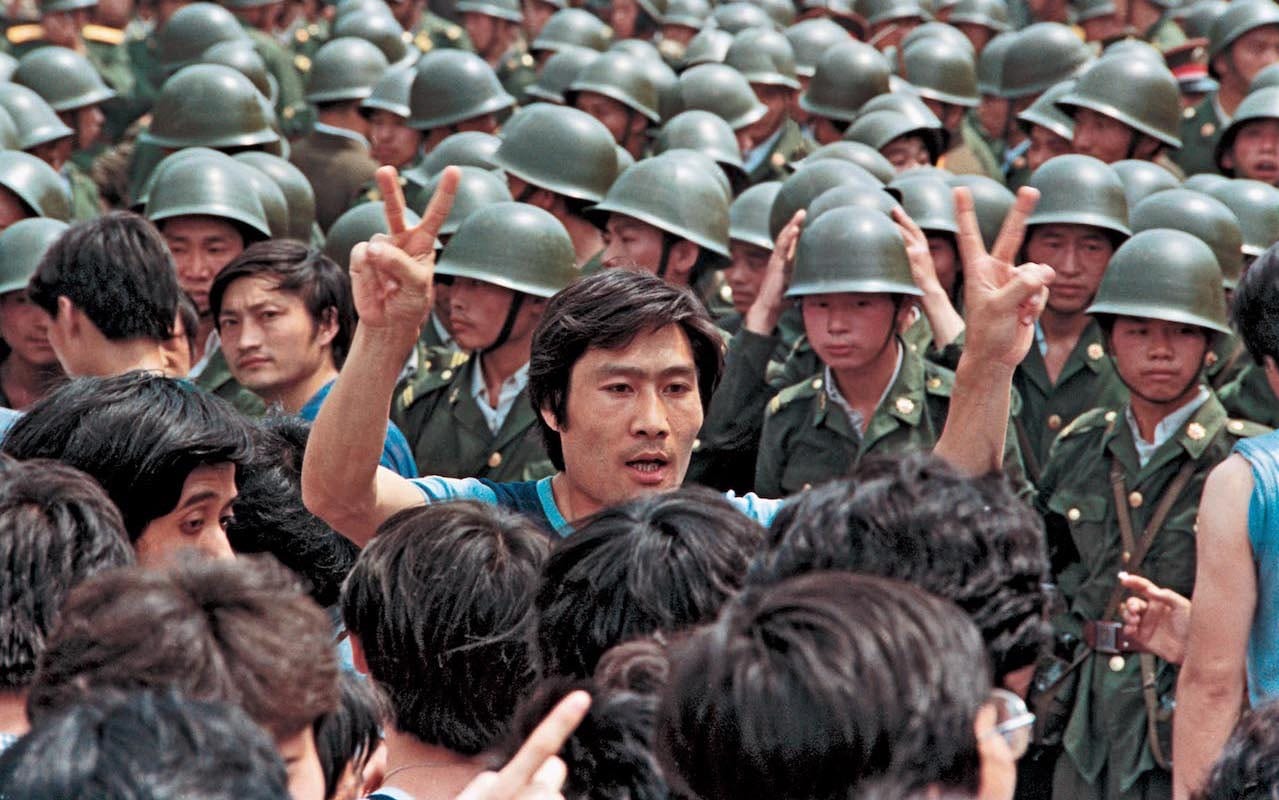
Thirty years since the Tiananmen Square massacre, Liu Heung Shing, the photojournalist who captured the transformation of China, reflects on his coverage of the protests and his wider body of work
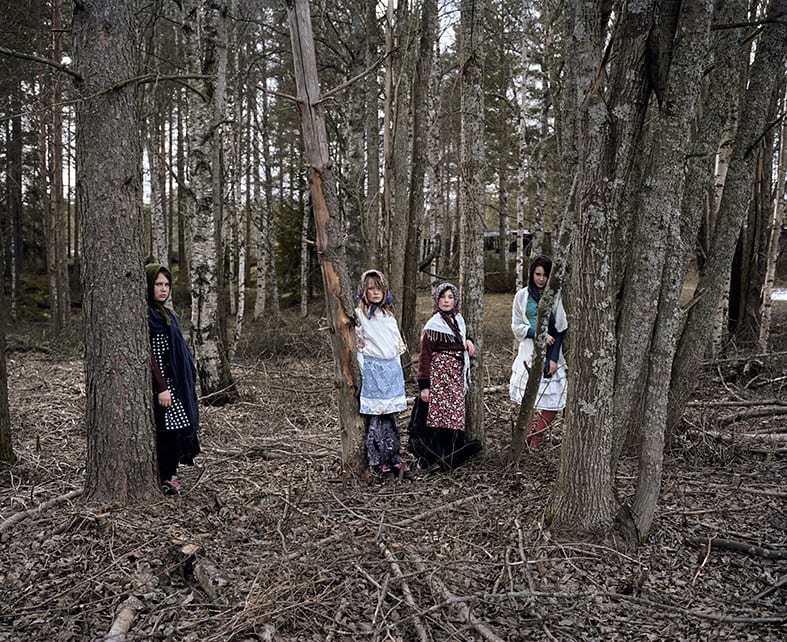
For her latest work, Maja Daniels spent three years in Älvdalen, a small Swedish town shrouded by the mystery of a dying norse language, and its tragic history of witch trials

In an interview with BJP-online Weems reflects on her practice – the strategies she employs and the subjects she explores
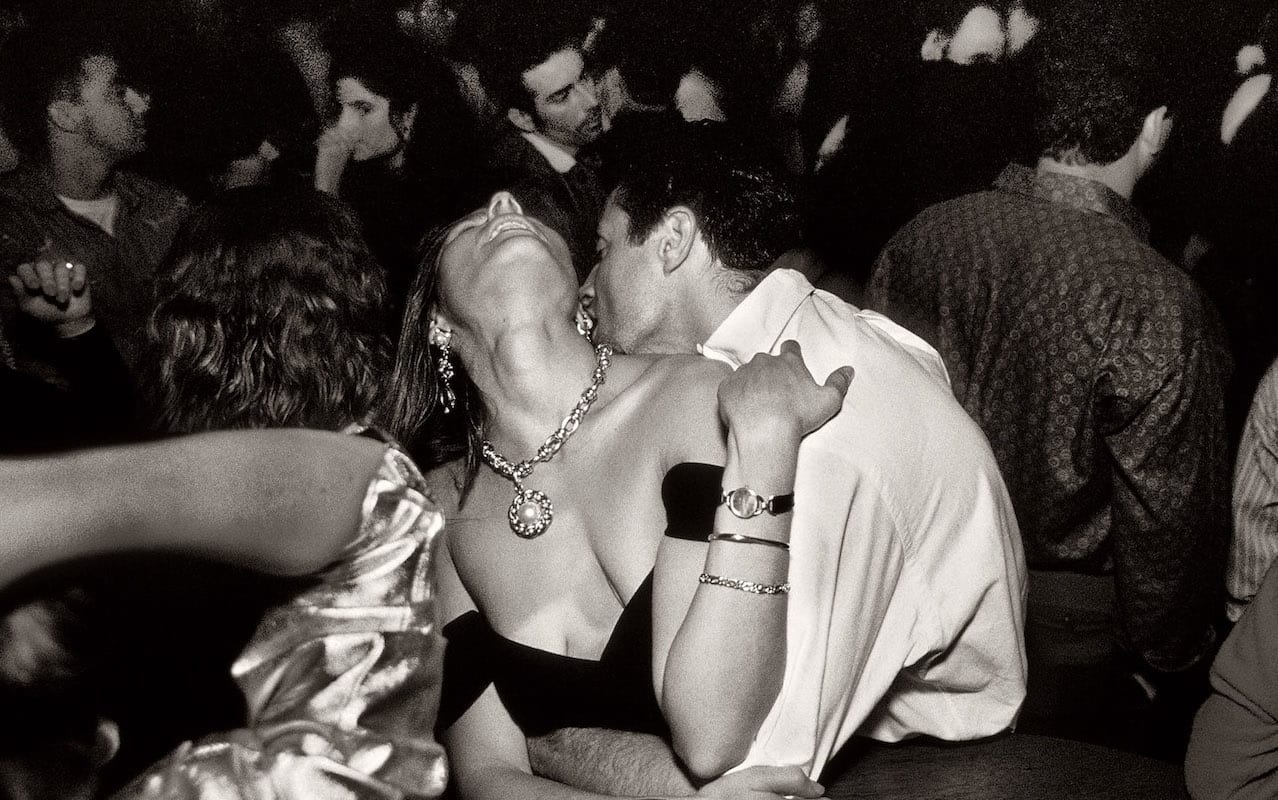
“My tropical adventure was started by a friend, the photographer Mary Ellen Mark, who in 1988, enthused to me about Miami Beach, ‘You are made for each other!’” says Barry Lewis. “That summer I went with my family for a brief holiday, and fell in love with this exotic time warp. I met up with several photographers and by the end of the trip had a share in a fading Art Deco apartment on the beach.”
So began an ongoing love affair for Lewis, who ended up documenting South Beach for the next seven years, using Miami as a base for his US work and a venue for family winter escapes. It was, as he points out, a city on the up, just starting to revive after a couple of decades in the doldrums.
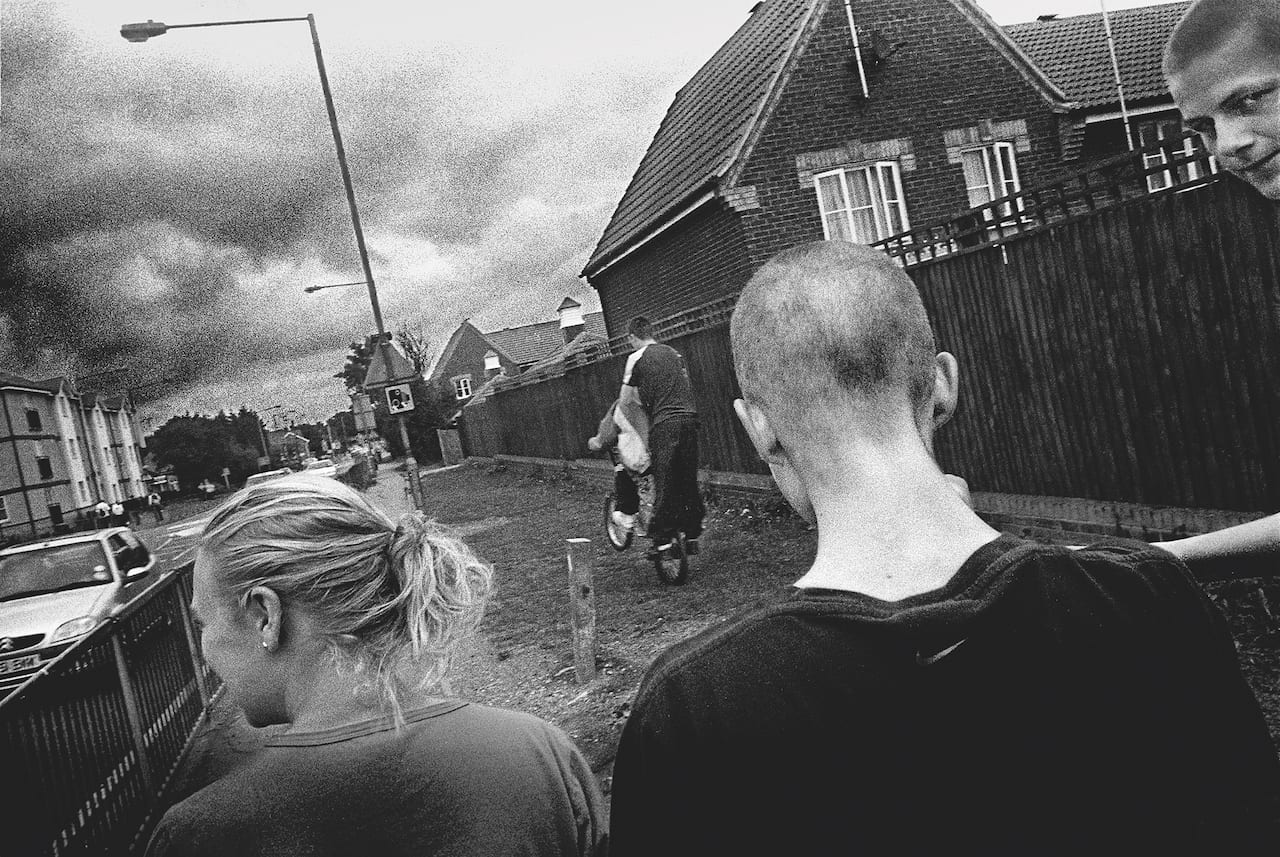
Born and raised in Basildon in Essex, CJ Clarke grew up assuming he’d leave. “Just to stand on any street on a warm summer a ernoon is to become engulfed by a silence – a silence so vast that time seems to have disappeared,” he explains in the afterword to his book, Magic Party Place. “On such days, it really does appear like nothing has ever happened or will ever happen in the town.”
His escape route was image-making, and he moved to London years ago to study documentary photography at the London College of Communication. Like many, he had been politicised by Britain’s involvement in the Iraq war, and his first thought was to pursue photojournalism in the Middle East, in an attempt to understand Britain’s ignoble part in its history. But travelling to Lebanon in 2005 to cover the elections, he met Judah Passow, a photojournalist born in Israel, who encouraged him to think again, and in particular to believe “that there was something worth exploring at the heart of my unremarkable hometown”.
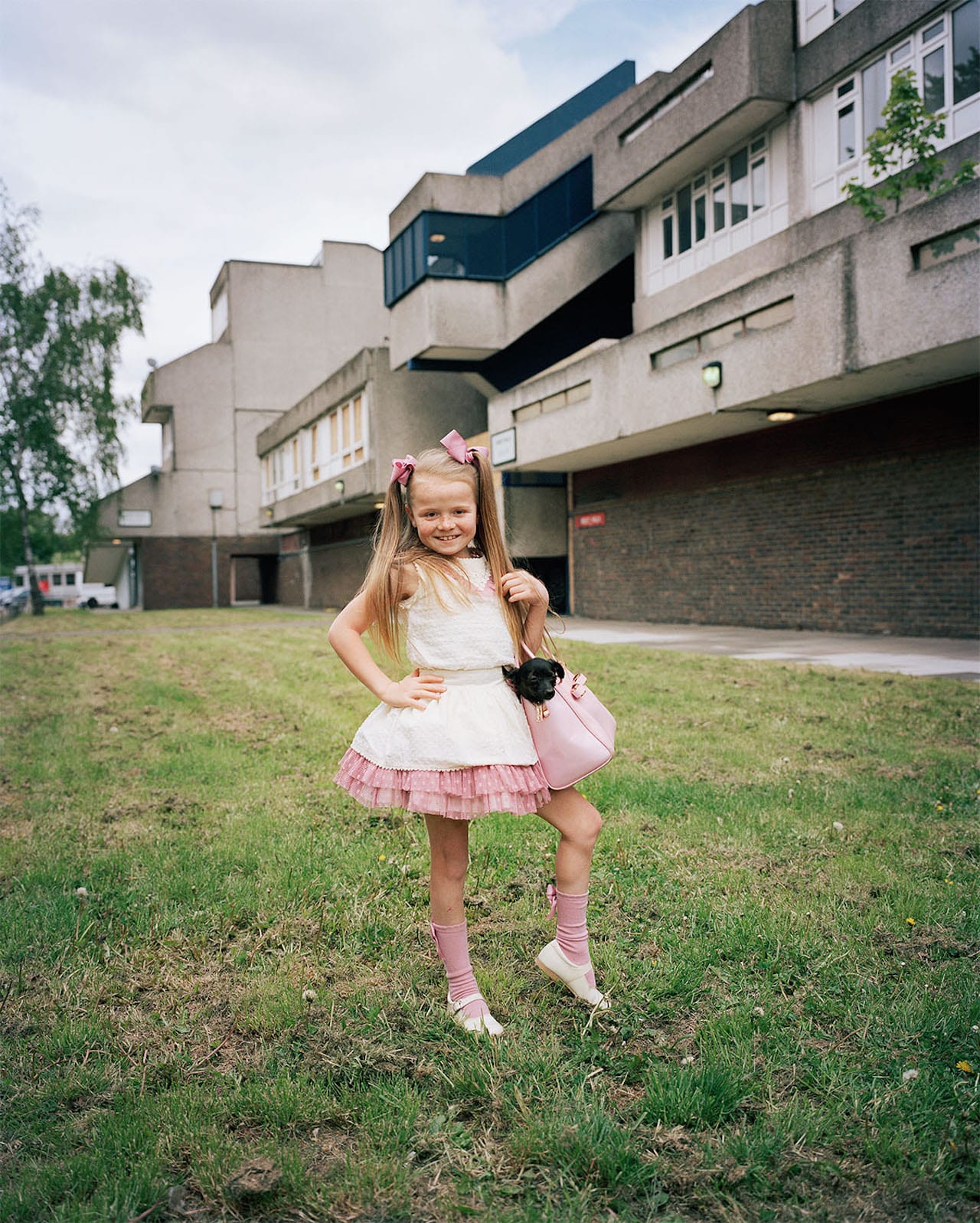
In the mid-1960s, a vast concrete housing estate began to rise out of a neglected marshland on the south bank of the River Thames. Headed by the Greater London Council (GLC), the scheme was seen as visionary; Thamesmead would provide a marina-esque lifestyle with plenty of greenery, and wide walkways that connected housing with schools and local amenities, all set within striking brutalist architecture. Thamesmead was to be the “town of tomorrow”.
Five years ago though, it was announced that the estate would be undergoing a huge redevelopment, and now a new book published by Here Press, titled The Town of Tomorrow: 50 years of Thamesmead, celebrates its part and present.